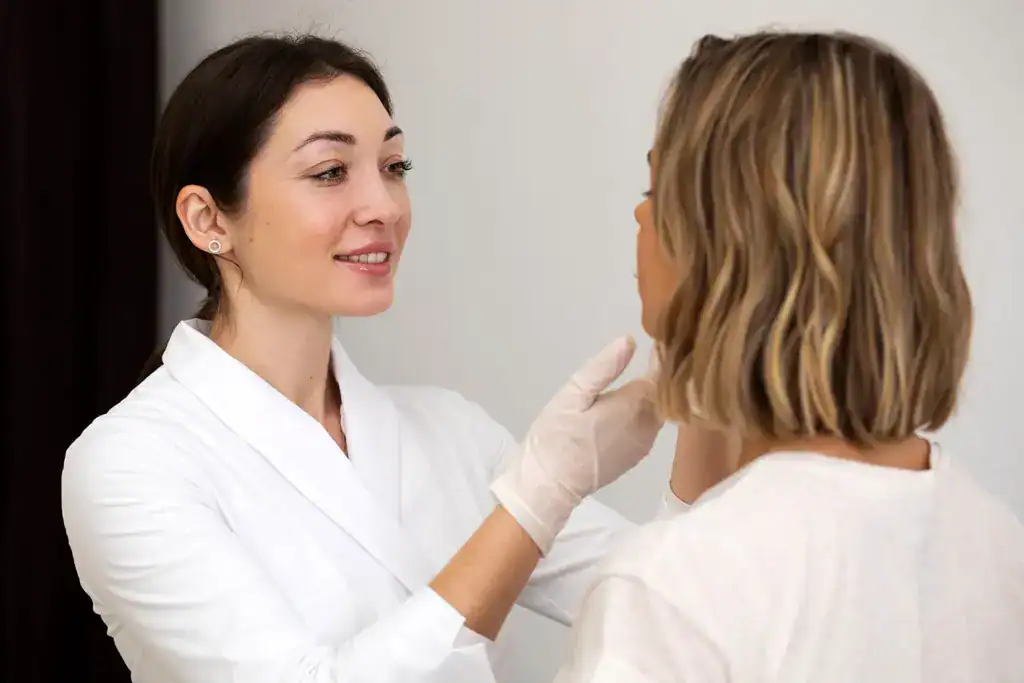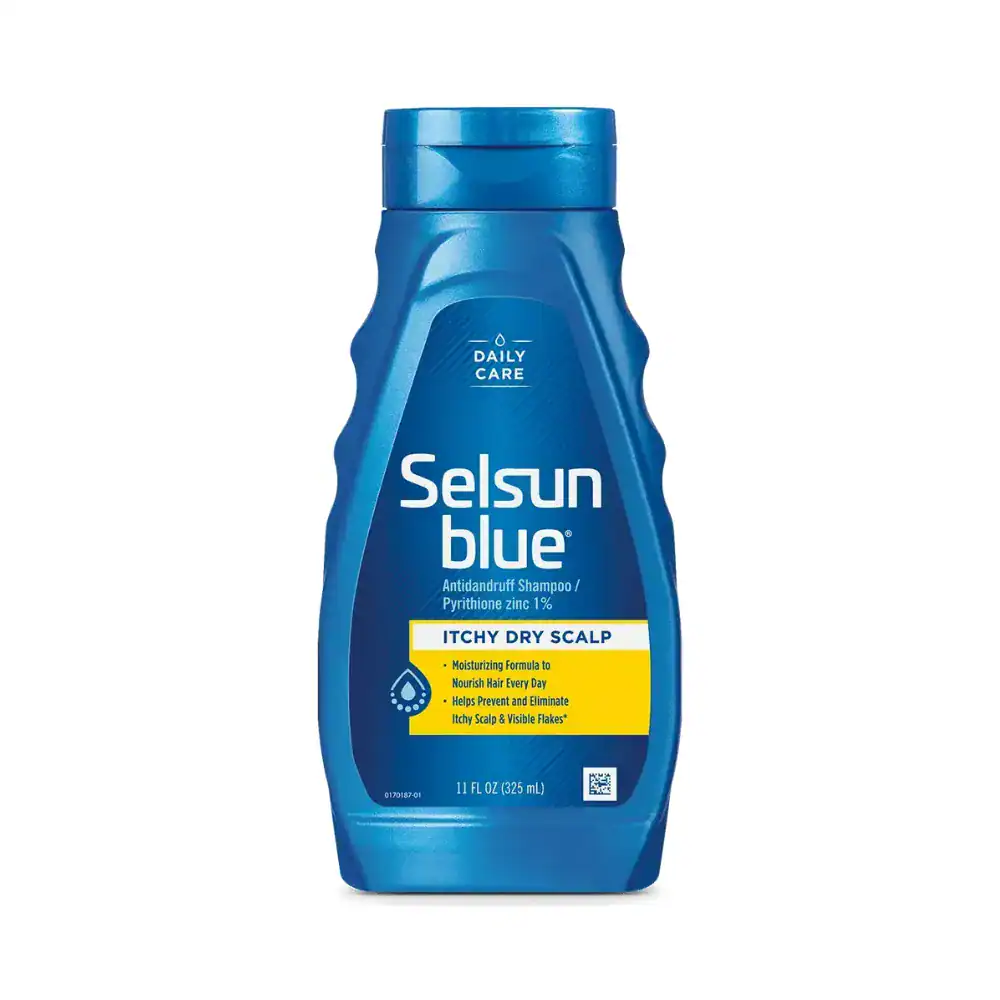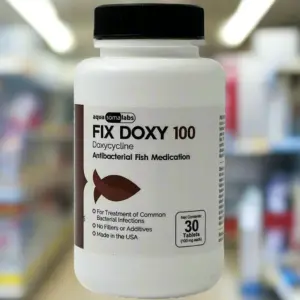Dandruff is a common scalp condition that affects many people. It can be both uncomfortable and embarrassing, but the right shampoo can make a significant difference. If you’ve tried over-the-counter solutions without success, you might need a prescription-strength anti-dandruff shampoo.
In this guide, we’ll explore how to choose the right anti-dandruff prescription shampoo, the benefits of using prescription options, and what ingredients to look for in both prescription and non-prescription options.
Dandruff is characterized by the shedding of dead skin cells from the scalp. While it’s not contagious or serious, it can be persistent and difficult to manage with regular shampoo alone. Let’s delve deeper into the causes and characteristics of dandruff.
Seborrheic Dermatitis
Seborrheic dermatitis is a condition that causes oily, irritated skin and is one of the most common causes of dandruff. It often results in red, scaly patches, particularly in areas rich in oil glands. This condition can flare up due to stress, hormonal changes, or seasonal shifts, making management challenging without targeted interventions.
Malassezia Fungus
Malassezia is a type of fungus that lives on the scalp of most adults. While typically harmless, it can sometimes irritate the scalp and cause more skin cells to grow, leading to dandruff. Understanding the role of this fungus can help in selecting treatments that specifically target fungal growth, thereby reducing dandruff symptoms.
Dry Skin
Dry skin can lead to smaller, less oily flakes compared to those caused by seborrheic dermatitis. Cold weather, low humidity, and harsh hair products can exacerbate dry scalp conditions. Addressing dry skin involves not only choosing the right shampoo but also adopting a comprehensive hair care routine that maintains scalp moisture.
Sensitivity to Hair Products
Some people have allergic reactions to certain ingredients in hair care products, which can lead to a red, itchy, and scaly scalp. Identifying and avoiding allergens is crucial. This may require a trial-and-error approach or professional guidance to pinpoint the culprits and replace them with hypoallergenic alternatives.
Why Consider Prescription Dandruff Shampoo?
Over-the-counter dandruff shampoos are typically the first line of defense against dandruff. However, if these products fail to provide relief, it may be time to consider a prescription dandruff shampoo.
Enhanced Efficacy with Prescription Strength
Prescription shampoos often contain higher concentrations of active ingredients, making them more effective for severe dandruff. These formulations are designed to deliver potent results, offering relief when standard options fall short. Enhanced efficacy means tackling persistent dandruff with a more aggressive approach.
Targeted Treatment Strategies
Prescription shampoos are designed to target specific causes of dandruff, such as fungal infections or seborrheic dermatitis. By focusing on the root cause, these treatments can provide longer-lasting relief. Understanding the underlying issue allows for a more tailored treatment plan that addresses individual needs.
Dermatologist Guidance and Recommendations
Dermatologists often recommend prescription shampoos after a thorough evaluation of your scalp condition. Their expertise ensures that the treatment aligns with your specific scalp health needs. Consulting with a dermatologist can also help in monitoring progress and making necessary adjustments to your regimen.
Key Ingredients in Anti-Dandruff Shampoos
When choosing a dandruff control shampoo, whether prescription or non-prescription, it’s important to be aware of the active ingredients. Here are some of the most common ingredients found in effective anti-dandruff shampoos.
Ketoconazole
Ketoconazole is an antifungal ingredient that helps reduce the growth of dandruff-causing fungi. It’s found in both prescription and non-prescription anti-dandruff solutions. Prescription options usually have a higher concentration, which can be more effective for severe cases. Its efficacy against Malassezia makes it a popular choice for tackling fungal-related dandruff.
Selenium Sulfide
This ingredient helps slow down the rate of skin cell death and reduces Malassezia on the scalp. It can also help with itching and flaking. Selenium sulfide is particularly beneficial for those with oily scalps, as it helps regulate sebum production while alleviating irritation. Regular use can significantly minimize flare-ups and discomfort.
Coal Tar
Coal tar helps reduce the turnover of skin cells on the scalp. It’s a traditional treatment for dandruff and is effective for those with seborrheic dermatitis. While its distinct smell might be off-putting, the benefits often outweigh this minor inconvenience. Coal tar is especially useful in reducing inflammation and scaling.
Zinc Pyrithione
Zinc pyrithione is a common ingredient in many over-the-counter anti-dandruff shampoos. It has antifungal and antibacterial properties that help reduce the fungus that causes dandruff. Its gentle action makes it suitable for sensitive scalps, providing relief without irritation. Consistent use can prevent the recurrence of dandruff over time.
Salicylic Acid
Salicylic acid helps remove excess dead skin cells from the scalp, preventing them from forming into flakes. It’s often used in combination with other ingredients for better results. Its exfoliating properties ensure a clearer, healthier scalp environment, making it easier for other active ingredients to work effectively.
How to Choose the Right Prescription Shampoo
Consult a Dermatologist

Before choosing a prescription anti-dandruff shampoo, it’s essential to consult with a dermatologist. They can diagnose the underlying cause of your dandruff and recommend the most effective treatment. A professional evaluation can prevent trial-and-error approaches, saving time and ensuring you receive the most suitable treatment from the start.
Consider Your Scalp Type
Your scalp type can also influence which shampoo will work best for you. For instance, if you have an oily scalp, a shampoo with selenium sulfide may be more beneficial. For a dry scalp, a formula with salicylic acid or coal tar might be more appropriate. Understanding your scalp type allows for a more personalized and effective treatment plan.
Evaluate the Severity of Your Dandruff
The severity of your dandruff will also impact the type of shampoo you need. For mild dandruff, a non-prescription option with zinc pyrithione might suffice, but for more severe dandruff, a prescription-strength option with ketoconazole may be necessary. Tailoring treatment to the severity ensures that you’re using the right level of intervention.
Check for Potential Allergens
Ensure that the shampoo you choose does not contain any ingredients that you are allergic to. Your dermatologist can help you identify these potential allergens. This step is crucial in avoiding adverse reactions and ensuring that your chosen treatment supports scalp health without causing additional issues.
Additional Tips for Managing Dandruff
by Lizgrin F (https://unsplash.com/@lizgrin)
In addition to using the right shampoo, here are some additional tips to help manage dandruff:
Regular Hair Washing Routine
Keeping your scalp clean can help reduce the build-up of dead skin cells and oil. Washing your hair regularly with an appropriate shampoo helps maintain scalp hygiene and prevents dandruff from worsening. Consistency is key, and finding the right balance will optimize scalp health.
Avoiding Harmful Hair Products
Products that contain alcohol can dry out your scalp and worsen dandruff. Opt for alcohol-free and gentle hair care products that support a healthy scalp environment. Reading labels and understanding ingredient lists can help you make informed choices that align with your scalp’s needs.
Maintaining a Nutritious Diet
A diet rich in zinc, B vitamins, and healthy fats can help prevent dandruff. Nutritional deficiencies can exacerbate scalp conditions, so a balanced diet plays a crucial role in overall scalp health. Including foods like nuts, seeds, and leafy greens can contribute to a flake-free scalp.
Stress Management Techniques
Stress can exacerbate dandruff, so find ways to relax and reduce stress in your life. Incorporating stress-reduction techniques such as meditation, exercise, or hobbies can positively impact your scalp condition. A holistic approach to health can improve both mental well-being and skin health.
Conclusion
Choosing the right anti-dandruff prescription shampoo can make a significant difference in managing dandruff effectively. By understanding the active ingredients, consulting with a dermatologist, and considering your individual scalp needs, you can find the best solution to relieve your symptoms.
Remember, while dandruff is a common issue, it doesn’t have to be a persistent one. With the right care and treatment, you can achieve a healthier, flake-free scalp. Taking proactive steps and seeking professional guidance can lead to lasting relief and confidence in your hair and scalp health.





